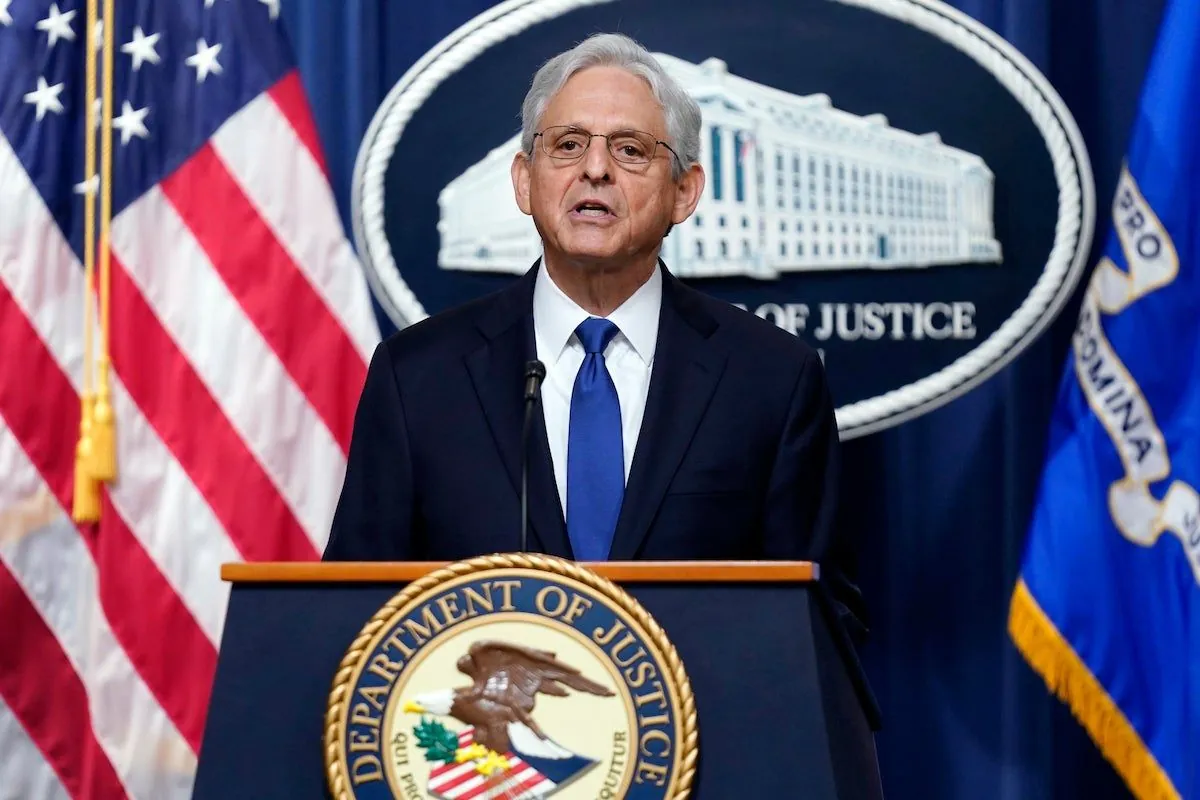Special Counsel Challenges Dismissal of Trump Documents Case
Jack Smith appeals Judge Cannon's ruling, arguing for the legitimacy of his appointment. The case's future hinges on legal precedents and potential 2024 election outcomes.

Jack Smith, special counsel, has filed an appeal to the U.S. Court of Appeals for the 11th Circuit, contesting Judge Aileen M. Cannon's dismissal of the classified-documents case against Donald Trump. Smith's 60-page filing argues that Attorney General Merrick Garland possessed the necessary authority to appoint him as lead prosecutor.
The appeal highlights a significant legal dispute over the appointment of special counsels, a practice with roots dating back to 1875 when the first special prosecutor was appointed to investigate the Whiskey Ring scandal. Smith contends that Cannon's ruling disregards decades of legal precedent and Department of Justice practices concerning the appointment of special or independent prosecutors.
This case marks another chapter in the complex legal landscape surrounding the former president. It is one of several ongoing legal challenges faced by Trump, including a conviction in May 2024 related to falsifying business records for hush money payments made in 2016.

Smith's appeal emphasizes the historical context of special counsel appointments, referencing cases involving prominent figures such as Jefferson Davis and Richard Nixon. The U.S. v. Nixon case from 1974 plays a crucial role in Smith's argument, as it established both the concept of executive privilege and its limitations.
"The district court's rationale could jeopardize the longstanding operation of the Justice Department and call into question hundreds of appointments throughout the Executive Branch."
The special counsel system, established by the Ethics in Government Act of 1978, has evolved over time. The current regulations were issued by Attorney General Janet Reno in 1999, replacing the independent counsel system. This historical context underscores the significance of Smith's appeal in shaping the future of special counsel appointments.
The case's future may be influenced by the outcome of the 2024 presidential election. If Trump wins, he could potentially pressure his Justice Department to drop the appeals effort. Conversely, if he loses, the appeals process would likely continue under the next administration, potentially reaching the Supreme Court.
The legal battle also touches on the handling of classified information, governed by the Classified Information Procedures Act (CIPA) of 1980, and the preservation of presidential records, mandated by the Presidential Records Act of 1978. These laws form the backdrop of the complex legal issues at play in this high-profile case.
As the appeals process unfolds, the legal community and the public await a resolution that could have far-reaching implications for the appointment of government officials and the balance of power within the executive branch.


































